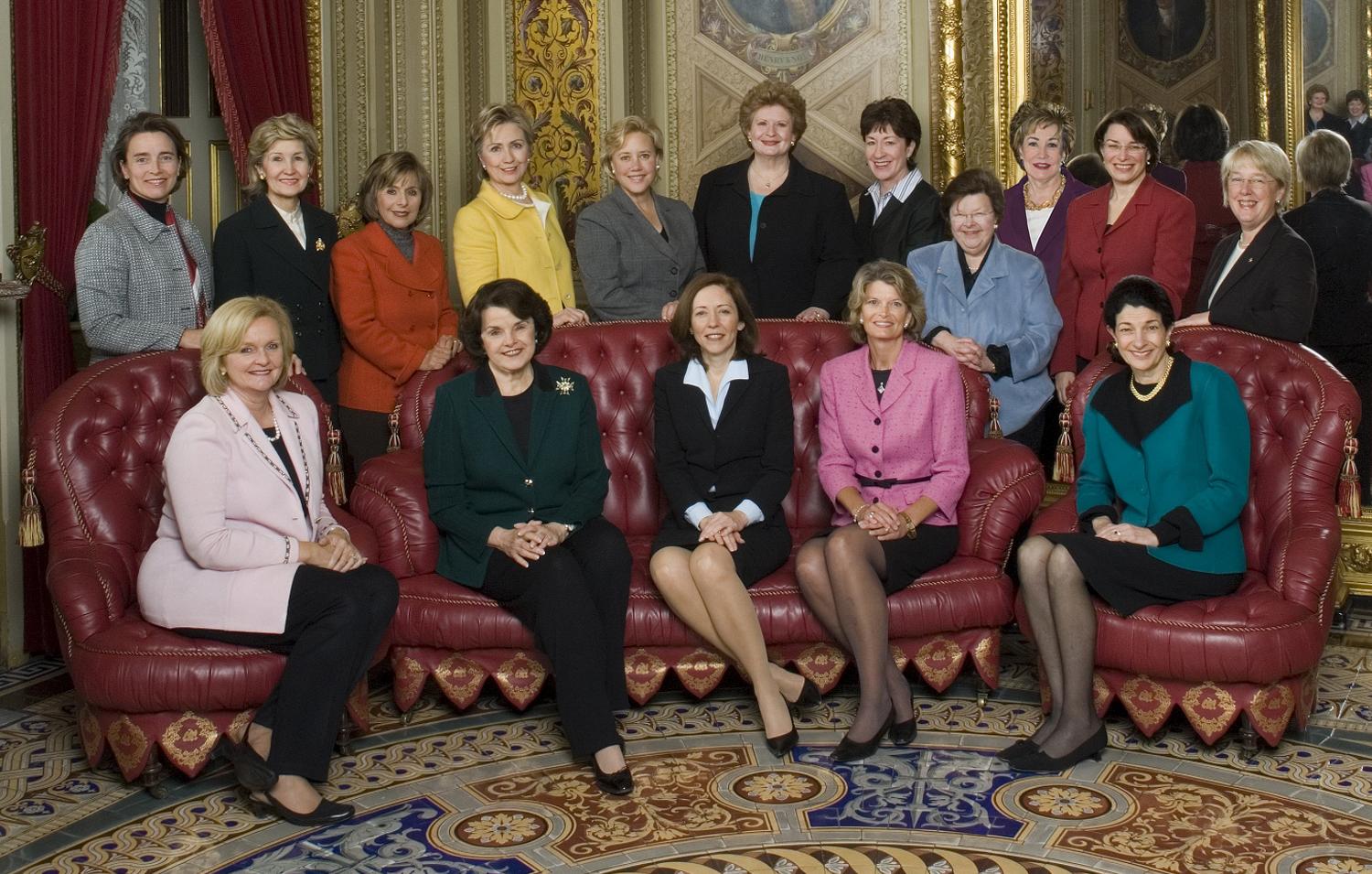Would I?
As I travel the country sharing Parity’s research with party leaders, elected officials, and advocates, I’ve found that the fundamental premise of our program – electing more women is critical for our country’s future – is not as widely held by others. “Well, sure,” some tell me, “I believe in helping women get elected, but I would never support a woman just because of her gender.”
Which makes me wonder – would I?
I admire many male politicians who have made critical contributions to our country. I’ve worked long hours on staff and as a volunteer for inspiring male candidates. But when I hear about a woman running for office, I’m just more intrigued. Why?

Research provides part of the answer. We know that women approach governing differently than men – they’re more likely than their male counterparts to be collaborative, to compromise, and to consider common good over personal gain. We need more of this approach, especially at the highest levels of government. But my interest in supporting female candidates goes beyond governing style. It’s their distinct experiences as women – as daughters, mothers, and sisters, as caregivers for young and old, as underdogs facing discrimination subtle and explicit, as individuals battling expectations self- and socially-imposed – that make me want to see more women in office.
Each decision we make is informed by prior decisions and experiences, by our personal estimations of “when I do x, then y occurs.” If our leaders are mostly one gender, or one race, or if they’ve faced a relatively similar set of life decisions, their ability to creatively solve for future problems is limited.
I recently visited a close friend who separated from her husband. She’s solely responsible for their three-year-old. As a parent of multiple children, I thought I understood the challenges of childrearing. But she faces a whole different set of hurdles. She pours every bowl of Cheerios, reads every book, and dries every tear. If her son is sick and needs to be picked up from school, she leaves work early. Staying late is not an option, unless she makes a chain of calls to neighbors or friends for help.
Would she have more economic security if our country provided better childcare options or more flexible workplace leave policies? Or if we incentivized multi-generational caregiving, so her parents could afford to retire and help out? Are there other policy changes that would make it easier for her to pursue job advancement while ensuring adequate, or even excellent, opportunities for her son? I’m sure there are, but since I don’t face her daily decisions, I can’t think of them.
The same is true of our governing bodies. We need elected officials with a variety of life experiences to ensure public policies address the diverse challenges of our citizens. So would I support a woman just because she’s a woman? She’d need to be qualified. And passionately committed to public service. But if she met those considerations, would her gender give her an advantage in my estimation? Without a doubt.
What do you think? @marnideb or @politicalparity, working to #electwomen.
